Food Insecurity in the Bahamas
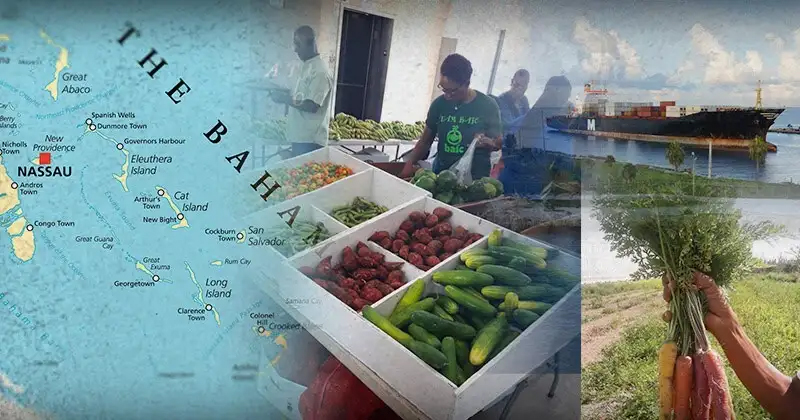
UD Professor Allison Karpyn extends food insecurity research to the Caribbean
Because the Bahamas doesn’t have a national school lunch program, the food offered at schools by different vendors varies widely across the archipelago. Taking inventory of what that food looks like is part of the research that Allison Karpyn, co-director of the University of Delaware’s Center for Research in Education and Social Policy (CRESP), has been conducting in the Bahamas.
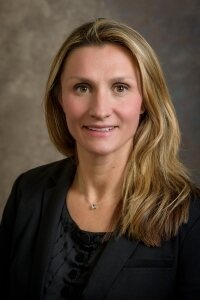
“In the U.S. we have a school breakfast program and a school lunch program, but if you really think about what the cost of those programs looks like, for a small developing nation, it’s kind of out of reach,” said Karpyn, who began her Bahamian research in 2017 as a Fulbright Scholar. “The Bahamas, in particular, has very little capacity, if any, to monitor food security. Fundamental data that can drive any decision making is just missing, so it’s really a matter of helping a country that is desperate for the information but doesn’t have the infrastructure or the money to be able to fund it.”
Karpyn is an associate professor in the Department of the Human Development and Family Sciences within the College of Education and Human Development. Through her research, Karpyn found that nearly all schools had some kind of school lunch program but that on the more remote islands, it was much more limited, with some offering only chicken wings and french fries, as an example.
“Even though there were guidelines for school meals that had been put in place several years before, very few people were aware of them,” said Karpyn, “They didn’t use the guidelines. There were fruit and vegetable and even fish recommendations in those, but if most people were getting chicken wings and fries, that wasn’t what was happening.”
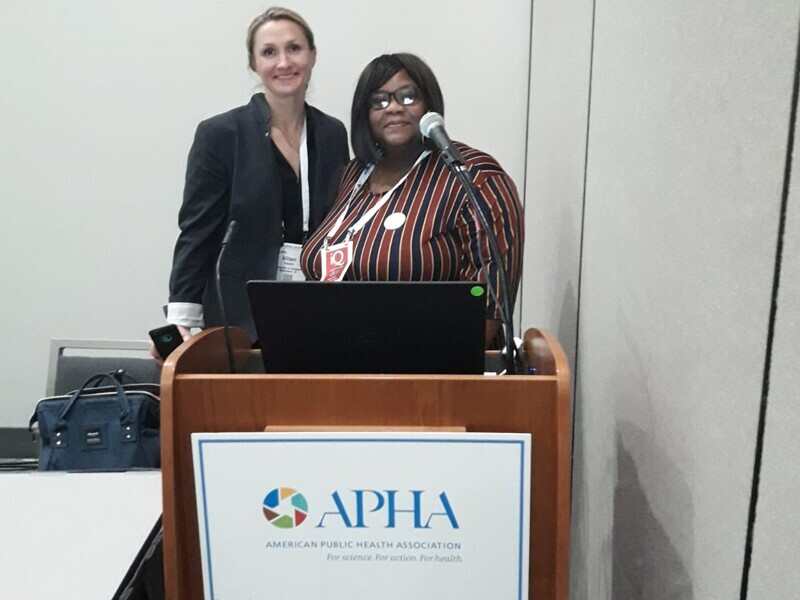
Through her first study on food insecurity in 2017, Karpyn met Erecia Hepburn, who at the time was the chair of the Department of Agriculture at the University of Bahamas and is now a national senator and the president of the Bahamas Agriculture and Marine Science Institute (BAMSI). Since then, Karpyn has partnered with Hepburn to do a food cost study as well as the various studies related to school meals.
Food insecurity is a particularly critical issue for island nations like the Bahamas that do not grow or produce the majority of the food that is consumed, Karpyn said.
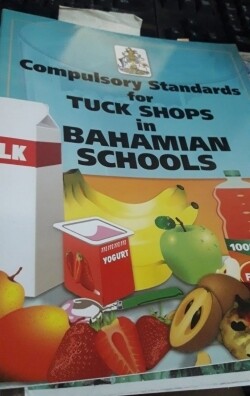
“The majority of their food is reliant on imports, and that adds a different dimension to the word food security,” Karpyn said. “A lot of times in the U.S., when we think about food security, it’s having adequate access to affordable nutritious food. But there, adequate access means that the ship is able to arrive at port, that it has food on it, and that the relationship with wherever it’s coming from is strong.”
Karpyn conducts research on corner store programs in urban areas, in-store marketing approaches in supermarkets to encourage the purchasing of healthier foods, and other topics related to hunger, obesity, school food, supermarket access and food insecurity — with an affinity for policy related topics.
“I enjoy learning from people and doing work that means something to communities and policymakers,” Karpyn said. “All my work tends to be very policy relevant, and you can really see the impacts straightaway.”
Her interest in the Bahamas, however, is both professional and personal. She grew up in the Caribbean — her father is a fisherman — and she spent a lot of time as a child in the Bahamas.
“I had sort of a kindred spirit with sort of the Bahamian way, even though I was mostly on boats more than on islands,” she said. “But it was just really important to me that I tried to understand that culture. It was one of the cultures that I had kind of been exposed to, but not really invested in.”
The Bahamas is a complex environment that has a lot of similarities to the United States, Karpyn said. It’s close to the U.S. geographically, the economy is based on the U.S. dollar, English is the primary language and the country is dependent on the U.S. economy in many ways. Yet the country is caught in a gray area of income where it doesn’t quite meet low-income thresholds because of its dependence on the U.S. economy and the fact that many wealthy people live there.
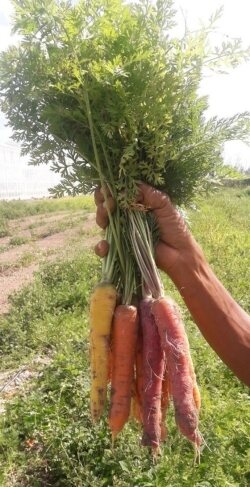
“And yet, there’s so much inherent poverty and struggle that people really need support, so they don’t always get the resources that they need,” Karpyn said. “I felt it was a really interesting place to learn about food insecurity from, and it’s a place I just felt very drawn toward.”
In June, Karpyn will head back to the Bahamas to continue the food cost study that began in 2017. She also hopes to form a student exchange program with BAMSI and the University of the Bahamas. Karpyn will be taking a sabbatical next year, and she said her primary focus is going to be on building up that partnership while continuing to do research and possibly starting a study abroad program — planning that comes at a time when the University is celebrating 100 years of study abroad.
Access to safe, nutritious and sufficient food is a basic human right, Karpyn said. Apart from basic nutrition, food security is linked to economic stability, long-term health and educational outcomes.
“Families want to be able to feed their kids good food. There’s such a warmth and sense of pride in being able to provide for your family,” Karpyn said. “I think everybody deserves that same ability to do that — to be able to put a meal on the table that you’re really proud of and see your kids enjoying what you’re able to provide. I think that’s just a fundamental part of humanity that families should be able to do.”
Read this article on UDaily.
Photos courtesy of Allison Karpyn. Photo illustration by Jeffrey C. Chase.



